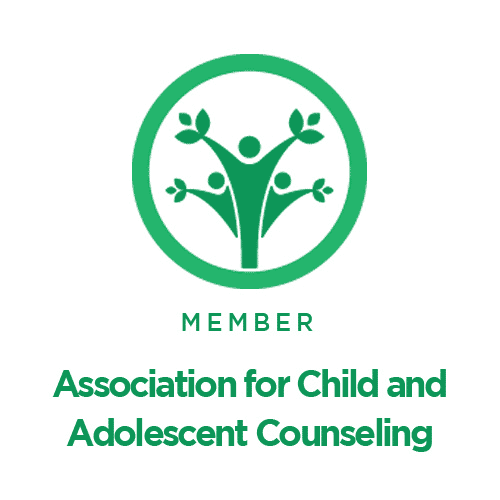It’s often been surprising to me how widespread the fear of vomiting is for so many children and teens. Maybe it’s not talked about as much, but this fear is real and affects many. Emetophobia is the intense fear of vomit. Individuals with emetophobia often have anticipatory anxiety over seeing someone else vomit or vomiting themselves. This fear can come out of nowhere or it can be triggered by a traumatic event.
Either way, like any other specific phobia this fear can interfere with an individual’s ability to function. “People who suffer with this phobia often experience significant social and occupational impairment, going to great lengths to make sure they don’t vomit (similar to someone who fears elevators and walks 10 flights of stairs). Kids refuse to go to school or visit a friend’s house, and adults miss work and stop eating at restaurants. Much of life is avoided all due to a fear of vomiting.” (Anxiety and Depression Association of America) This intense fear can quickly spiral out of control and leave a person living in a world of anxiety and avoidance. So, here are some answers to FAQ about emetophobia?
What can I do to help my child get over their fear of vomit?
It can be frustrating for friends and family members of someone with emetophobia to understand the fear, especially if these individuals don’t have a general understanding of anxiety themselves. For starters, telling someone to “get over it” will not be the cure -- if only it were that easy! It’s always helpful for parents to let their support be known regardless of whether or not the child will take them up on it. As a parent, you can look out for these behaviors (from ADAA):
- You avoid new foods, restaurants, or alcohol.
- You avoid foods, beverages, or restaurants associated with past vomiting.
- You avoid saying or hearing the words “vomit,” “barf,” “puke,” or “tossing your cookies.”
- You close your eyes during vomiting scenes on television or in movies.
- You check other people for signs of illness and avoid hospitals and sick people.
- You refuse to shake hands with people.
- You avoid garbage and other foul-smelling or dirty things.
- You engage in excessive handwashing, as well as cleaning food and preparation surfaces.
- You throw away food before it has reached its expiration date.
- You smell and check food excessively.
- You overcook food to kill potential pathogens.
- You use antacids preemptively.
- You avoid eating foods when you’re away from home.
- You check the locations of bathrooms.
- You restrict or avoid travel, school, work, and social activities.
- You take your temperature excessively or monitor your body for other signs of illness.
If you can relate to the behaviors listed above, it might be a good time to consider counseling.
Do you expose the individual to puke during counseling?
While exposure therapy is effective for some people, we don’t directly expose our clients to vomit. We’ve had success working on the thoughts behind the fear. Vomit will not be the topic of every session!
If my child just started fearing vomit and it’s not out of control, should I wait to start counseling?
It’s a parental decision and sometimes suggested on behalf of a pediatrician. Working on the problem early can stop the fear from spiraling out of control.
What are the risks of emetophobia?
The severity of the specific phobia and the individual dictate the risks. Avoidance behaviors should be monitored. The more severe cases of emetophobia can result in significant weight loss, similar to an eating disorder. Individuals with emetophobia are not typically preoccupied with the restriction of food, but rather the fear that certain foods will make them sick and/or vomit. There can be a preoccupation with cleanliness in an attempt to prevent sickness. Daily functioning might be significantly impacted.
Please call our office at A Little Counseling if you would like more information about our counseling program. We’d be happy to help or steer you in the right direction! You or your child can get over their fear of vomit.








